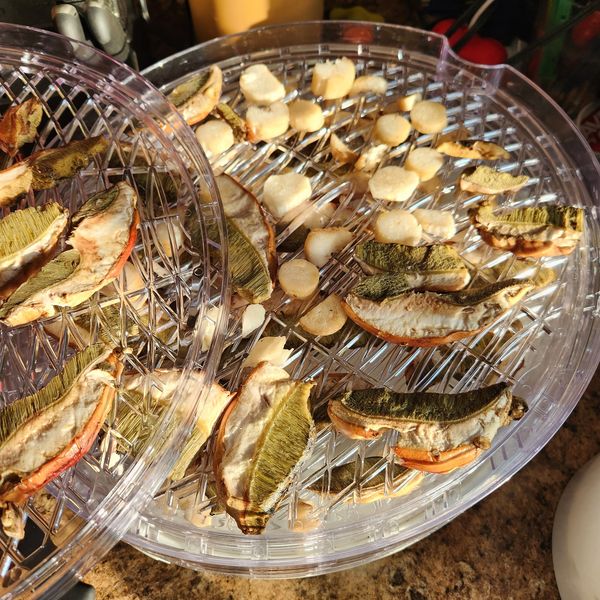Mushrooms, with their diverse flavors and textures, are a culinary delight enjoyed by many. However, their perishable nature often raises questions about their safety when stored for extended periods. In this article, we will explore whether mushrooms can become poisonous when kept for too long, how to identify spoilage, and delve into the science behind these changes.
The Freshness Quandary
Mushrooms, like many other perishable foods, have a limited shelf life. As they age, their texture, color, and aroma can change, which may lead to concerns about their safety for consumption.
Identifying Spoiled Mushrooms
- Smell: The smell of mushrooms can be a telltale sign of spoilage. Fresh mushrooms typically have a pleasant, earthy aroma. If the mushrooms emit an unpleasant or pungent odor, it’s a strong indicator that they have spoiled.
- Gill Color: When examining mushrooms, pay close attention to the color of their gills or slats. Fresh mushrooms often have pink or pale gills. If the gills have turned brown or discolored, it suggests spoilage.
- Mold: Mushrooms are susceptible to mold growth. If you notice white, brown, or green mold on the mushrooms, it’s a clear sign of spoilage. Mold can produce mycotoxins, which can be harmful if ingested.
The Dangers of Spoiled Mushrooms
Spoiled mushrooms, if consumed, can pose serious health risks. Here are some of the potential dangers associated with eating spoiled mushrooms:
- Food Poisoning: Consuming spoiled mushrooms can lead to severe food poisoning, characterized by symptoms such as nausea, vomiting, diarrhea, and stomach cramps.
- Genetic Damage: Some molds that grow on mushrooms can produce mycotoxins, which have been linked to genetic damage and an increased risk of cancer in the long term.
- Botulism: The worst-case scenario involves contamination with the bacterium Clostridium botulinum. This bacterium can produce a highly toxic neurotoxin, leading to botulism, a potentially fatal illness that can cause paralysis and death within days. However, it’s important to note that this bacterium and its toxin are destroyed by heating food to 100°C (212°F).
Preventing Mushroom Spoilage
To prevent mushroom spoilage, follow these guidelines:
- Storage: Store mushrooms in a cool, dry place. Refrigeration is generally recommended to extend their shelf life.
- Use-By Dates: Pay attention to use-by or sell-by dates when purchasing mushrooms. Use them before the recommended date.
- Inspect Regularly: Check mushrooms regularly for any signs of spoilage, as outlined above.
Conclusion
While mushrooms can indeed become poisonous when stored for an extended period and allowed to spoil, proper storage and regular inspection can help mitigate this risk. Pay close attention to the smell, gill color, and the presence of mold when determining the freshness of mushrooms. When in doubt, it’s best to err on the side of caution and discard any mushrooms that show signs of spoilage. Enjoying fresh mushrooms not only ensures their safety but also guarantees a delightful culinary experience.

